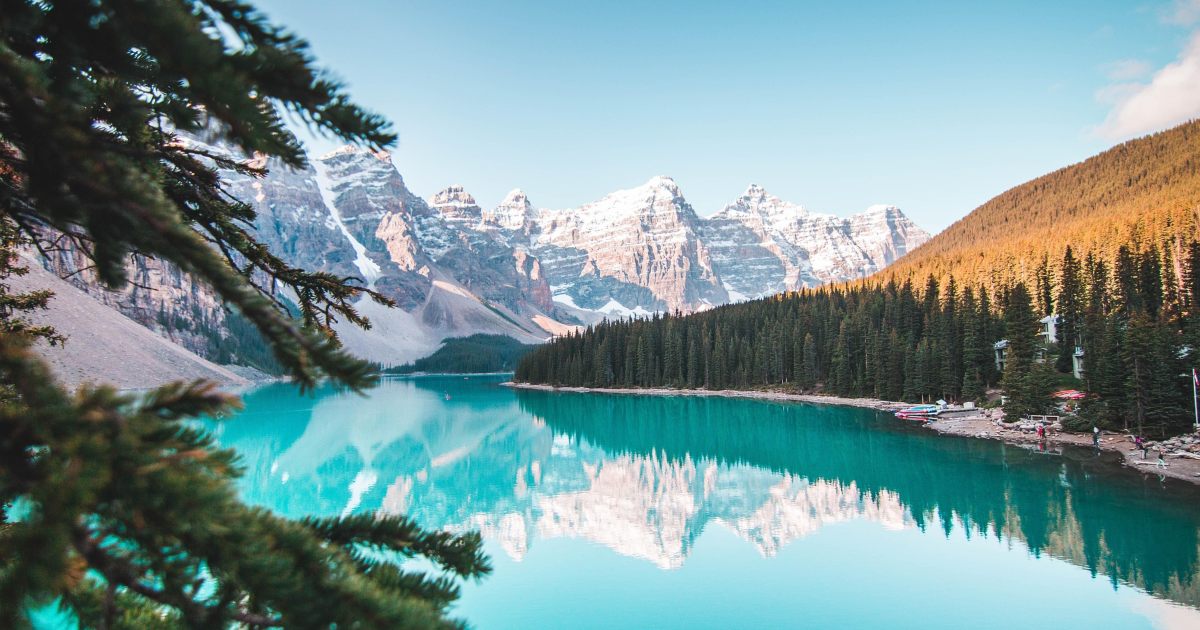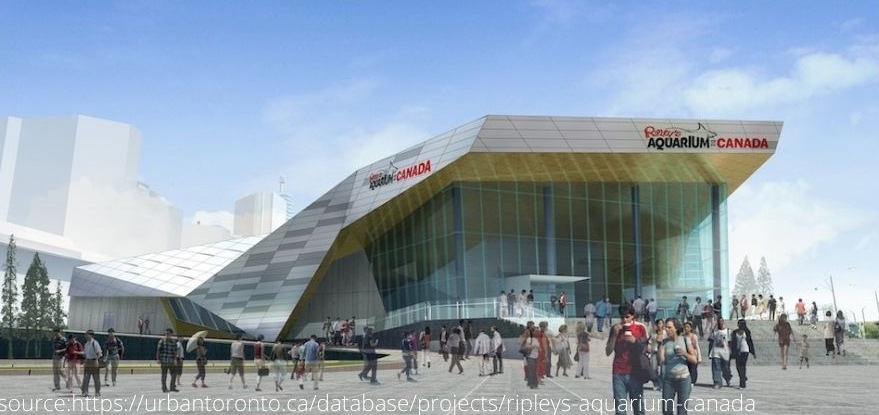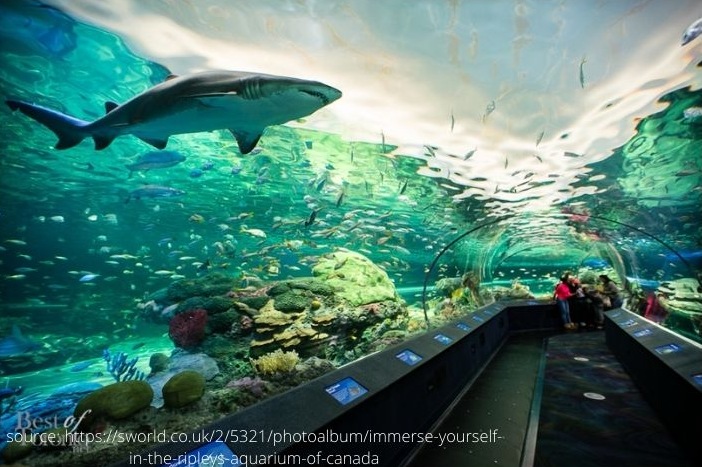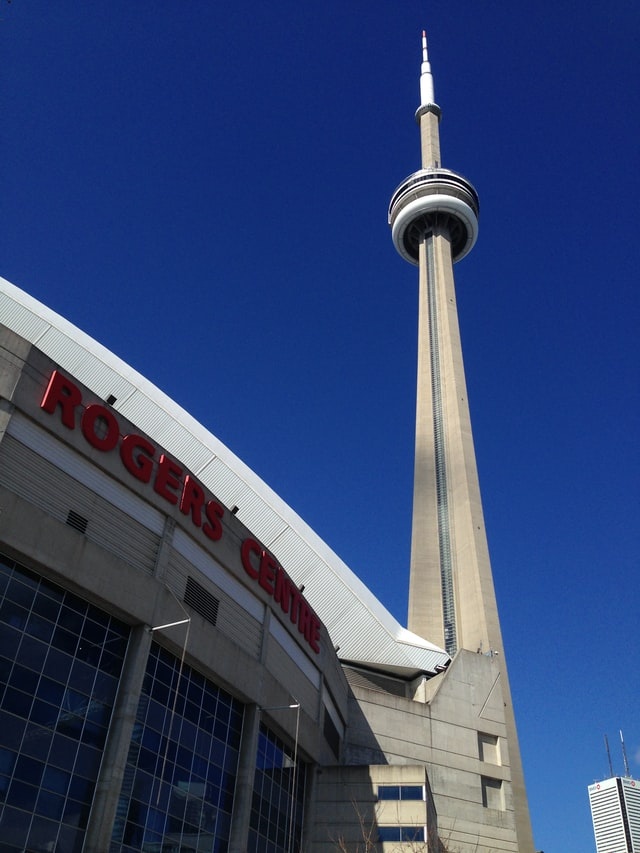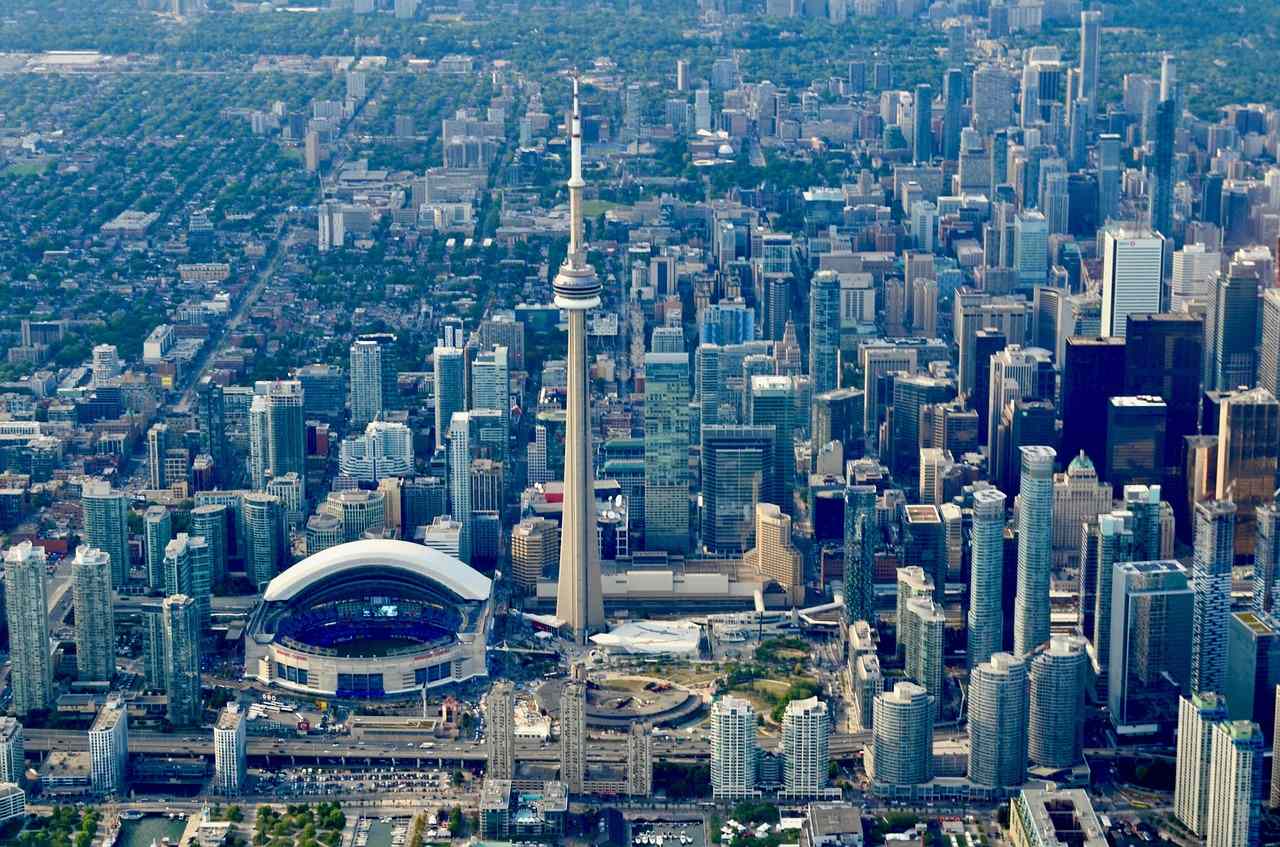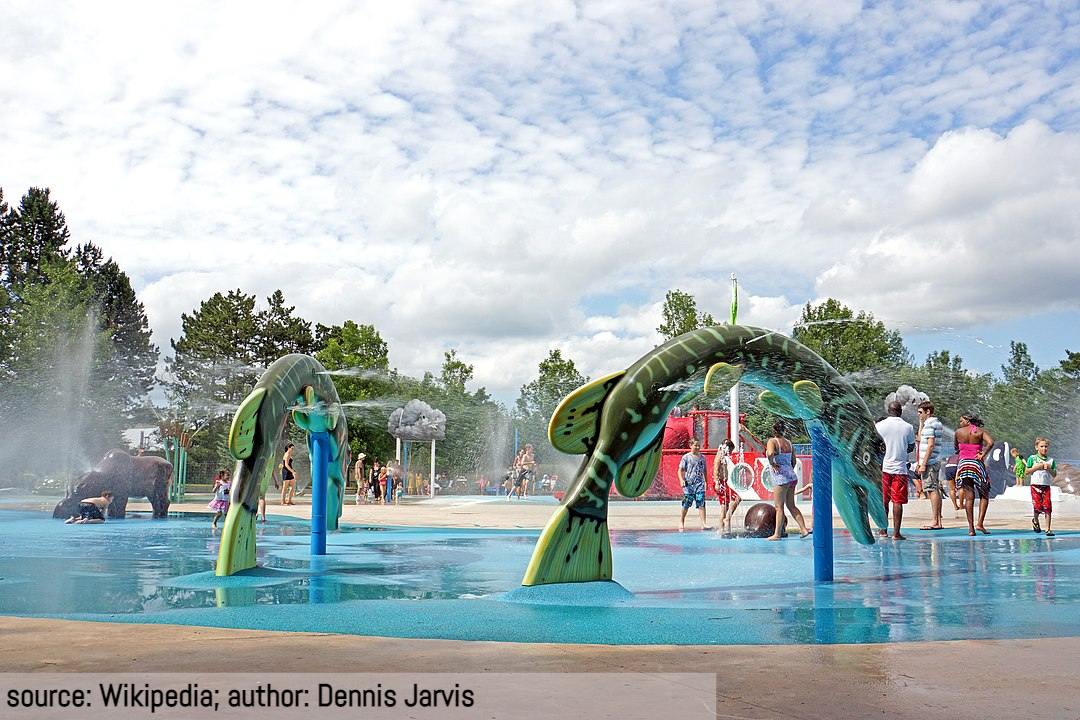When to visit Canada during the year?
Canada offers distinct seasons, each showcasing unique attractions and climate conditions. Summer (June to August) is popular for exploring beautiful national parks like Banff and Jasper, where hiking and camping abound. Winter (December to March) attracts visitors to ski resorts in Quebec and British Columbia, highlighting activities like snowboarding and ice skating. Spring (April to June) brings blooming flowers, particularly in places like Victoria, making it a wonderful time for botanical garden visits. Autumn (September to November) showcases stunning foliage in regions like New England and Ontario. Each season offers a multitude of outdoor activities that cater to varying interests.
How to get to Canada?
Getting to Canada is accessible through various modes of transportation, with major air and land routes connecting the country globally. Whether you're flying in from Europe, Asia, or elsewhere, Canada’s transport system accommodates tourists well.
- Major airports include Toronto Pearson International Airport (YYZ), Vancouver International Airport (YVR), and Montreal-Pierre Elliott Trudeau International Airport (YUL).
- International flights connect from all continents, including major carriers like Air Canada, United Airlines, and British Airways. Low-cost airlines such as Porter Airlines also serve domestic routes.
- Average flight time from Europe is about 7-10 hours; from Asia, it ranges from 10-15 hours depending on the city.
- Main bus terminals are located in major cities like Toronto, Vancouver, and Montreal.
- City-to-city routes connect frequently across the country, including services from companies like Greyhound and Megabus.
- Canada has international train routes connecting to the United States through Amtrak services.
- The VIA Rail network offers scenic travel across long distances, with journeys such as Toronto to Vancouver taking approximately 4 days.
- Primary highways include the Trans-Canada Highway, which takes you across the country.
- Distances vary; for example, driving from New York City to Toronto is about 560 miles (9 hours).
- Most highways have tolls, and some areas experience winter road conditions that may require snow tires.
Tourist activities in Canada
Canada's vast landscape offers a multitude of tourist activities suited to all interests. For nature lovers, explore Banff and Jasper National Parks in the Rockies, where you can hike, camp, and kayak in pristine lakes. If you're a thrill-seeker, the ski slopes of Whistler and Mont Tremblant provide exhilarating experiences. Cultural enthusiasts can dive into history in cities like Quebec City, where cobbled streets and colonial architecture transport you back in time. For a taste of urban life, Toronto boasts vibrant neighborhoods like Kensington Market filled with cuisine from around the world, while Vancouver offers beautiful waterfront views and an impressive arts scene. Don't miss the Northern Lights in the Yukon or the majestic Niagara Falls for breathtaking experiences that define Canada's natural beauty. Wildlife enthusiasts can marvel at the diversity in places like Churchill, known for polar bear sightings. From explorations in the great outdoors to rich cultural events and festivals throughout the year, Canada has something for everyone.
Accommodation in Canada
Accommodation in Canada ranges from luxury hotels to budget-friendly hostels and vacation rentals. Major cities like Toronto and Vancouver feature high-end hotels averaging $200 to $500 per night. If you're on a budget, mid-range hotels and motels typically range from $80 to $150. Unique options include quaint bed and breakfasts, particularly in historic areas like Quebec City, where prices might start at $100. In remote areas, cabins and lodges offer an authentic retreat experience. The peak tourist seasons, particularly during summer and the winter holidays, may elevate these prices, so booking in advance is advisable. Seasonal variations can lead to favorable deals in the shoulder seasons of spring and fall, making it a smart choice for budget-conscious travelers.
Food in Canada
Canada's culinary scene reflects its diverse population, offering a delicious mix of local and international flavors. Must-try dishes include poutine, a Quebec specialty made of fries, cheese curds, and gravy; butter tarts, a sweet dessert; and tourtière, a meat pie typical in many provinces. Fresh seafood is abundant on the East Coast, with Halifax known for its lobster rolls. Craft beer is also popular, with breweries found throughout the country. Average meal prices can range from $15 to $30 for casual dining and $50 or more for fine dining experiences. Street food is a great way to sample local delicacies at affordable prices, and markets like the St. Lawrence Market in Toronto are worth a visit for fresh produce and regional specialties.
Important numbers and information
- Emergency services: Police (911), Ambulance (911), Fire Brigade (911)
- Embassy contacts: Check the Canadian Government website for information specific to your country.
- Major airports: Toronto Pearson International Airport, 6301 Silver Dart Dr, Mississauga, ON L5P 1B2
- Currency: Canadian Dollar (CAD); major credit cards widely accepted.
- Visa/Passport regime: Check the Canada Immigration and Citizenship website for up-to-date visa requirements based on nationality.
What to see in Canada?
Canada is home to an array of stunning cities and breathtaking landscapes. Start in Toronto, where the iconic CN Tower and vibrant neighborhoods like Distillery District await. Ottawa, the capital, is rich in history with the Parliament Hill and National Gallery of Canada. Vancouver offers a unique blend of urban life and natural beauty, with Stanley Park and Granville Island as must-visits. Don't forget about Montreal, a cultural hub with European flair and festivals throughout the year. Explore Canada's national parks, like the stunning Jasper and Banff in Alberta, known for their striking scenery. For natural wonders, Niagara Falls is a superstar destination that captivates millions. Each region boasts its own unique attractions and experiences that showcase the diverse beauty of Canada.
History, geography and climate
Canada's vast expanse covers nearly 10 million square kilometers, making it the second-largest country in the world. From the rugged Rocky Mountains to the prairies and coastlines, the geographical diversity is astounding. Canada’s history spans thousands of years, stemming from Indigenous cultures that thrived before European discovery, which began in the late 15th century. The country became a confederation in 1867, evolving into a multicultural nation. Climatically, Canada varies greatly across regions, with temperatures ranging from -40°C in winter to over 30°C in summer. Coastal regions generally enjoy milder weather compared to the continental interior, while the north sees extreme winter conditions and brief summers. Understanding this geographical and historical context enriches every visitor’s experience.
Population and culture
Canada has a population of approximately 38 million, comprised of many ethnic backgrounds and languages, primarily English and French. A significant aspect of Canadian culture includes its Indigenous heritage and celebrations like National Indigenous Peoples Day. Canada is known for its liberal values, with multiculturalism being a cornerstone of society. Major holidays, including Canada Day and Thanksgiving, reflect the nation’s collective spirit. Cultural traditions vary by region; for example, the Calgary Stampede showcases Western heritage, while Montreal boasts a rich arts scene with numerous festivals year-round. This diversity contributes to a unique Canadian identity that values acceptance, community, and artistic expression.

